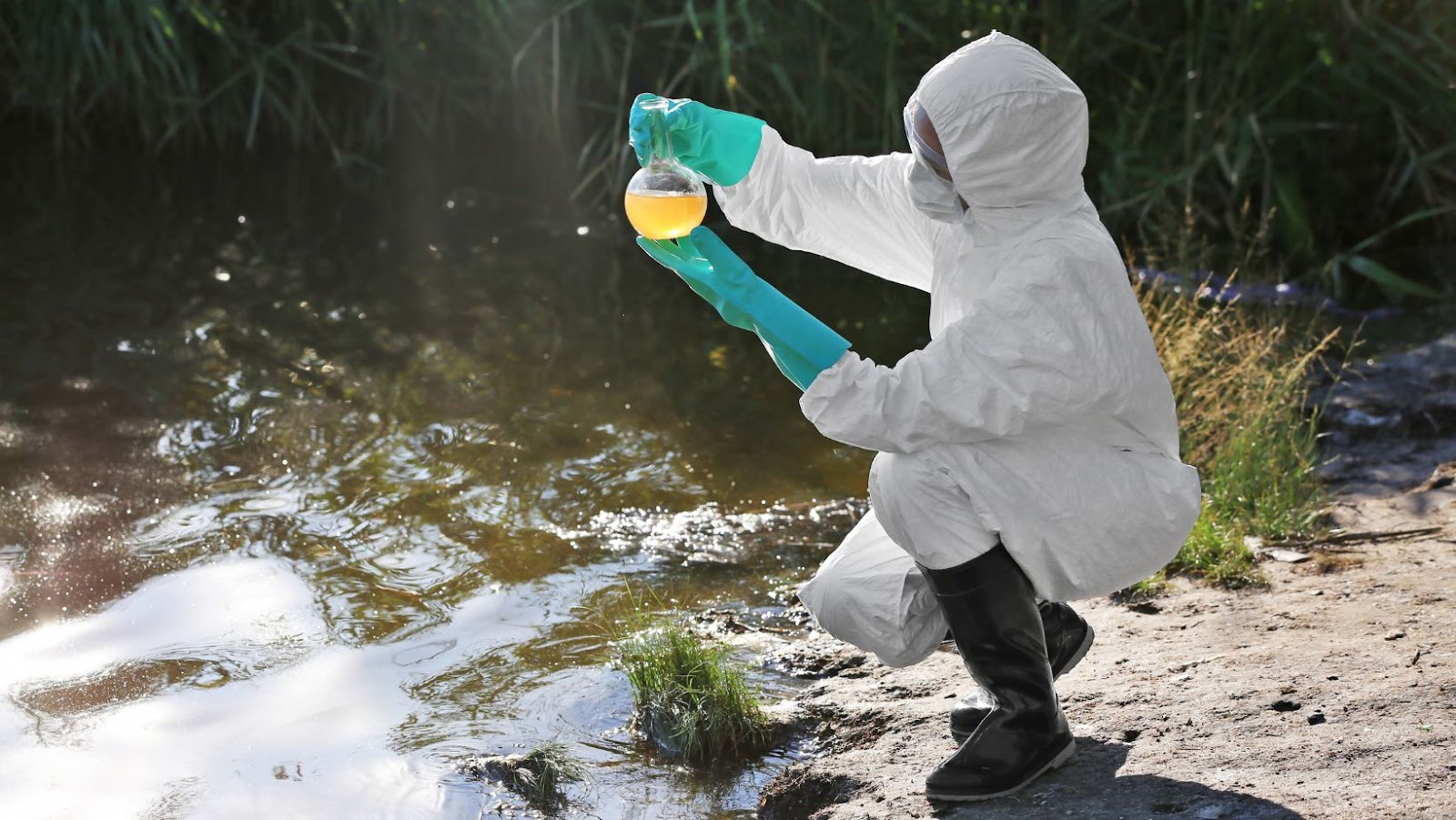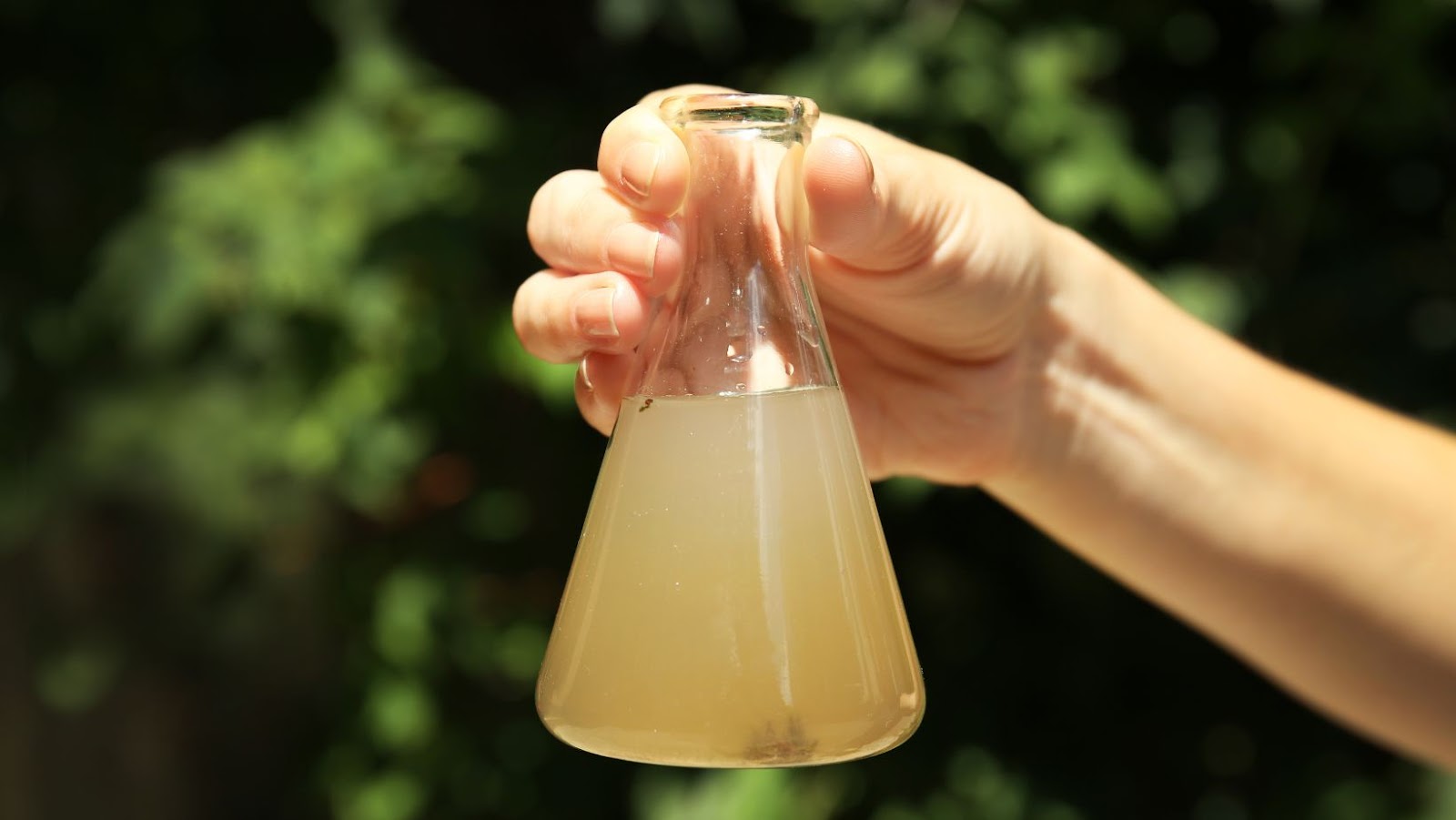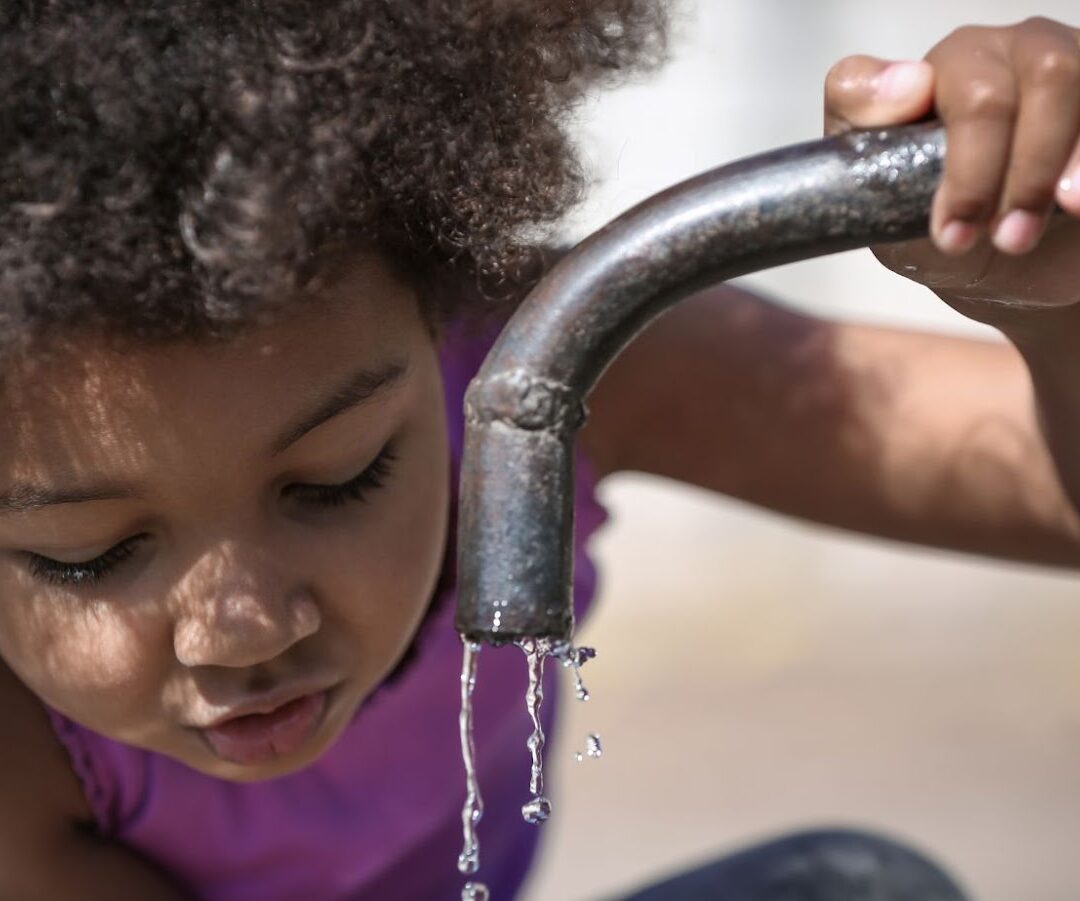Water contamination is a global problem that affects both men and women. However, there has been less research into the health consequences of water contamination on women than on men. It can have serious health consequences for women, including reproductive health problems and death. In this article, I will examine the health effects of water contamination on women and discuss ways to minimize these risks.
If you have been exposed to contaminated water, the first thing you need to do is drink plenty of clean water to flush out the bacteria in your system. You should also wash your clothes and clean your bedding to remove any bacteria that may be lurking on them.
What Is Water Contamination?
Water contamination can occur at various stages of the water cycle, from source to tap and from the tap to our bodies. Examples of types of contaminants include chemicals, metals, microorganisms, radiation, and bacteria. Water can become contaminated by human activity, such as industrial and agricultural processes, or sewage discharge into rivers and lakes. It can also become contaminated naturally through contact with soil and rocks. Contaminated water can cause a wide range of health problems in adults and children.
Water Contamination Effects On Women
Water pollution can affect a woman’s physical and mental health differently. It can lead to reproductive problems and increase the risk of miscarriages, preterm births, low birth weight babies, and infertility. Pregnant women are particularly vulnerable to water pollution’s effects because of its direct impact on their health and the health of their unborn babies. In some cases, exposure to contaminated water can cause congenital disabilities, such as Down syndrome, cleft palate, and autism.

Exposure to contaminated water can also harm a newborn’s digestive system and cause jaundice and other infections. As a result, many newborns in developing countries are not given proper medical care and die prematurely.
Water pollution can affect a woman’s physical and mental health differently. It can lead to reproductive problems and increase the risk of miscarriages, preterm births, low birth weight babies, and infertility.
According to the World Health Organization (WHO), up to 2 million babies die each year from maternal exposure to environmental pollutants. This is mainly due to inadequate access to clean water. These deaths are entirely preventable, especially in developing countries where many of these deaths occur. WHO estimates that more than 1 billion women in the developing world experience water scarcity on a daily basis. Most of these women live in rural areas of Africa, Asia, and the Middle East. They walk long distances to find water that is often contaminated with microorganisms that can cause diseases such as cholera and typhoid fever. Poor sanitation and hygiene also contribute to the spread of infectious diseases, which particularly affect pregnant women.
Minimizing the Risks of Water Contamination
• Avoid drinking tap water that has not been treated to kill any harmful bacteria it contains. This is particularly important during pregnancy.
• Always wash your hands with soap and water after handling raw meat or fish. This will stop the bacteria from spreading to your digestive system and causing an infection.
• Eat a balanced diet that includes plenty of fresh fruits and vegetables. The vitamins and minerals in these foods are essential for a healthy immune system. Drinking fruit juice can also be beneficial; choose unsweetened varieties and avoid those that are sold in plastic bottles.
• Keep yourself well hydrated by drinking plenty of water throughout the day. Aim for at least eight glasses of water each day to help you stay hydrated.
• Try to avoid activities that can expose you to harmful germs, such as gardening and swimming. If you must participate in these activities, always shower afterward to wash off all the bacteria you may have picked up.
Take vitamins and exercise on a regular basis to maintain good health. Be cautious when traveling to areas where the water is unsafe to drink, and always drink bottled water.
What to do if You’ve Been Exposed To Contaminated Water
If you have been exposed to contaminated water, the first thing you need to do is drink plenty of clean water to flush out the bacteria in your system. You should also wash your clothes and clean your bedding to remove any bacteria that may be lurking on them. You can then talk to a doctor about your symptoms and check for any signs that you may have an infection. In the meantime, you should also take steps to minimize your risk of becoming infected again.

Suppose you and your family have prolonged exposure to contaminated water, you may be able to receive legal compensation for your injuries and losses from the companies that were responsible for contaminating the water in the first place. Cases like the water contamination at Camp Lejeune should be handled with care, however, as it can be difficult to prove that a particular company was responsible for releasing contaminants into the water. That’s why it’s so important to have an experienced attorney on your side to help you get the compensation you deserve.



